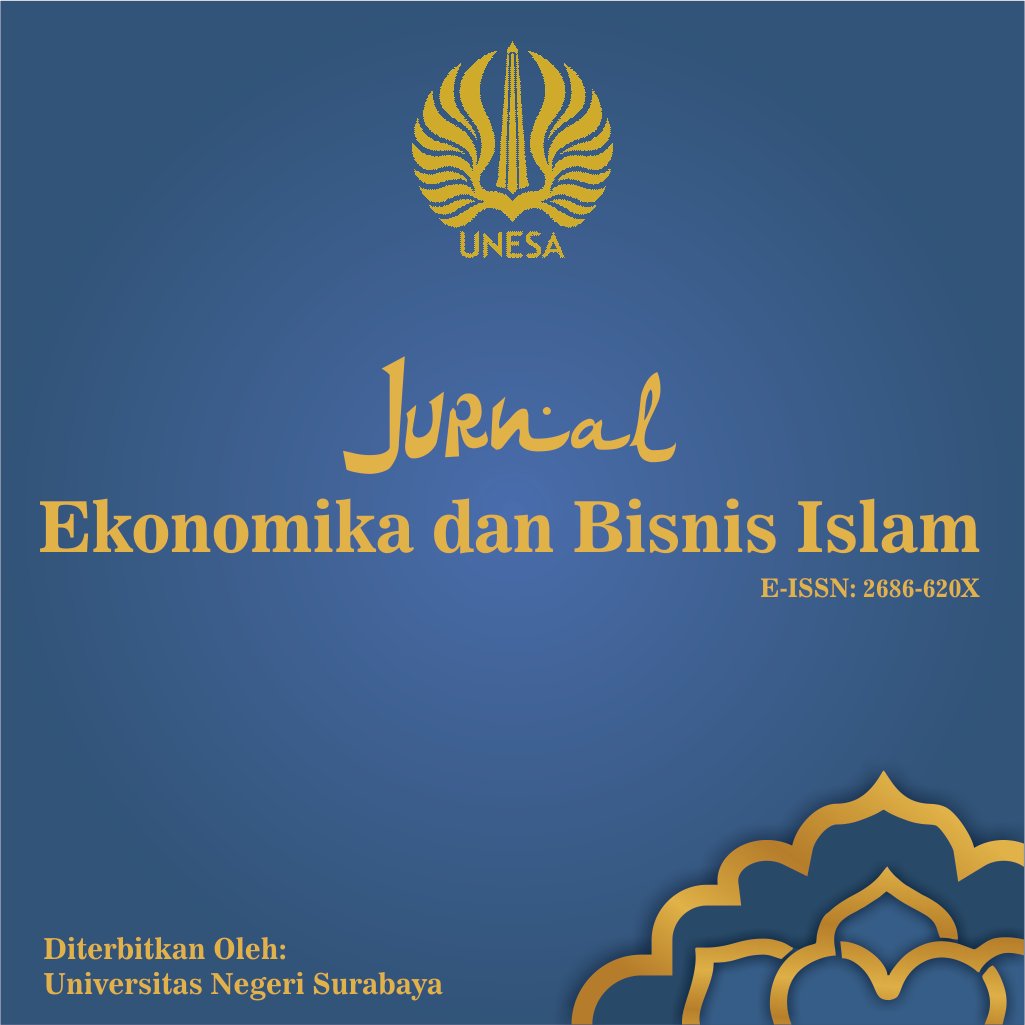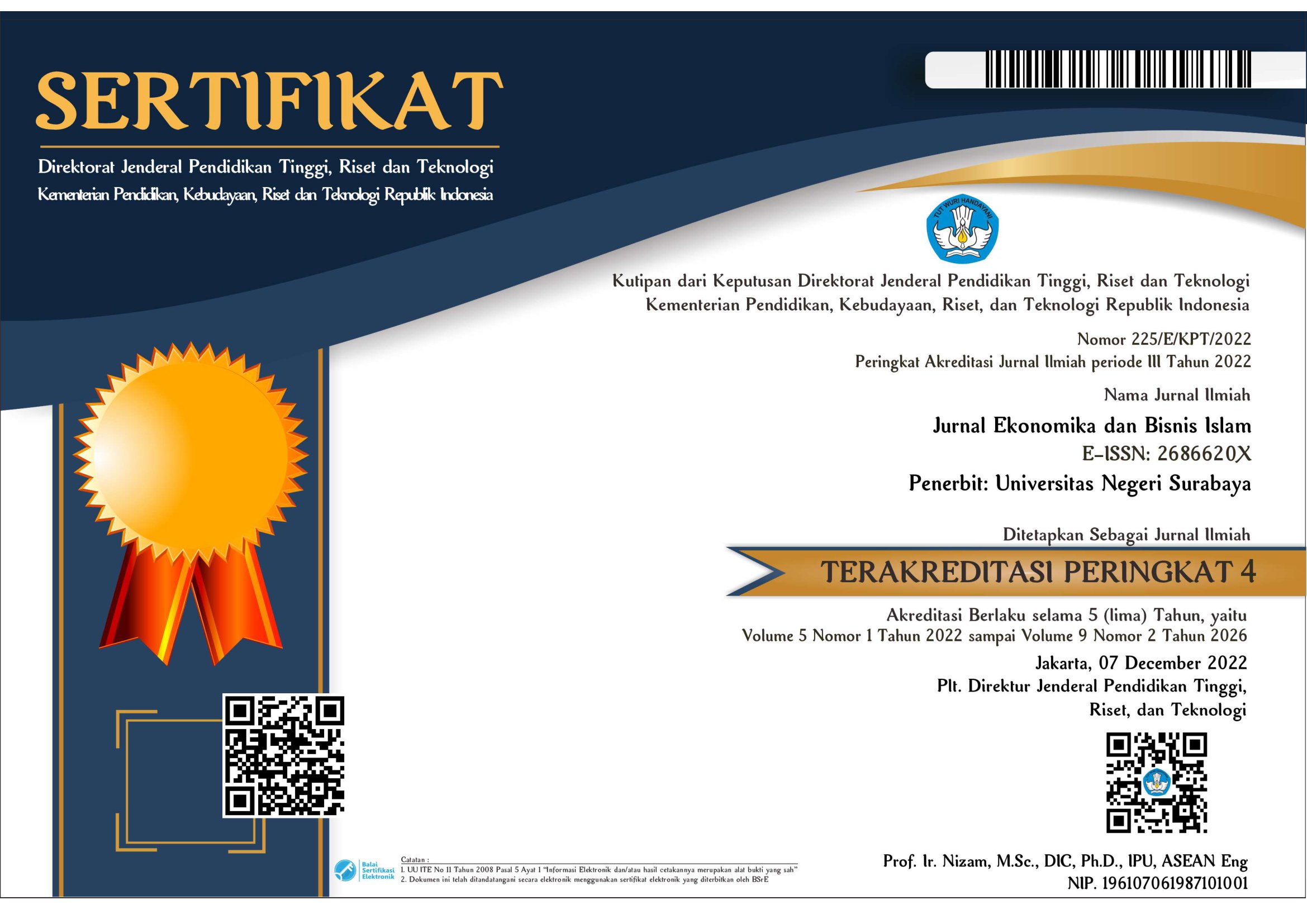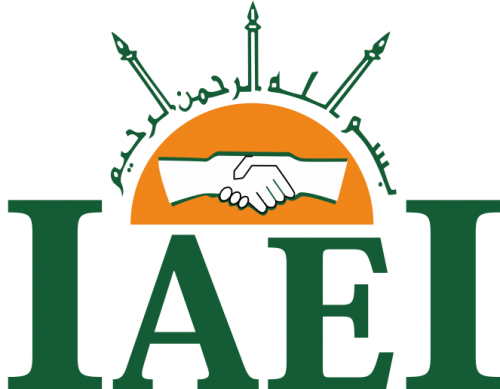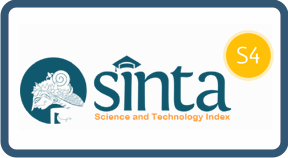Digital Marketing dalam Perspektif Ekonomi Islam
DOI:
https://doi.org/10.26740/jekobi.v5n1.p197-206Keywords:
digital marketing, Islamic PerspectiveAbstract
Digital Marketing In Islamic Economic Perspective. Marketing is an activity in which sellers offer products that consumers can buy. While Islamic marketing is a process and strategy (wisdom) of fulfilling needs through halal products and services (tayyibat) with mutual agreement and welfare (Falah from both parties, namely buyers and sellers for the purpose of achieving material and spiritual prosperity in this world and in the hereafter). In digital marketing with an Islamic perspective, all activities related to the technology must be based on sharia law. Just as digital activities are not allowed to contain usury (interest), activities in cyberspace do not contain maisir (gambling), activities involving the manufacture and/or sale of illicit products are prohibited, and the prohibition on activities containing elements of gharar (uncertainty).
References
Ahamedullah, M. 2015. Islamic Marketing Ethics and Its Application in Islamic Banking Industry.
Ahmadi, and Hermawan. 2013. E-Business & E-Commerce. Yogyakarta: Andi Offset.
Alserhan, Bakar Ahmad. 2011. The Principles of Islamic Marketing. England: Gower.
Chaffey, D, and F Ellis-Chadwick. 2019. Digital Marketing. UK: Pearson.
Chaffey, Dave, and PR Smith. 2017. Digital Marketing Excellence. London: Routledge.
Evans, Dave, and Susan Bratton. 2012. Social Media Marketing: An Hour a Day. Wiley.
Kotler, Philip, and Gary Armstrong. 2012. Principles of Marketing 14th Edition. Edited by Pearson. New Jersey: Prentice Hall.
Downloads
Published
How to Cite
Issue
Section
License
Copyright (c) 2022 Suci Hartini, Muhammad Iqbal Fasa, Suharto

This work is licensed under a Creative Commons Attribution 4.0 International License.
This work is licensed under a Creative Commons Attribution 4.0 International License.
 Abstract views: 6253
,
Abstract views: 6253
, PDF Downloads: 12578
PDF Downloads: 12578














